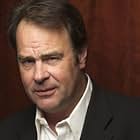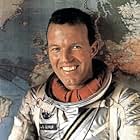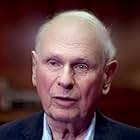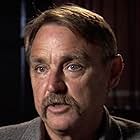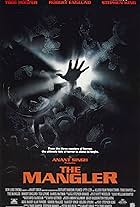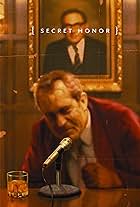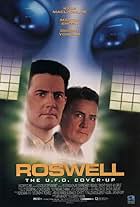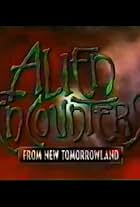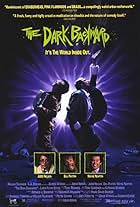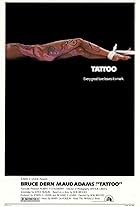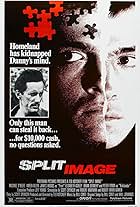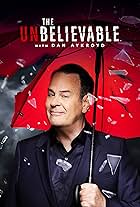A UFO enthusiast interviews Dan Aykroyd on the subject of extraterrestrials visiting Earth.A UFO enthusiast interviews Dan Aykroyd on the subject of extraterrestrials visiting Earth.A UFO enthusiast interviews Dan Aykroyd on the subject of extraterrestrials visiting Earth.
Photos
- Self - Astronaut
- (archive footage)
- Self
- (archive footage)
- (as President Ronald Reagan)
- Self - International Director, MUFON.com
- (as John Schuessler)
- Self - ThePhoenixLights.net
- (as Dr. Lynne Kitei)
- Self - Space Shuttle Astronaut
- (archive footage)
- (as Catherine Coleman)
- Self - Nobel Prize Winner
- (archive footage)
Storyline
Did you know
- Quotes
David Sereda: 2001 was a real space odyssey for me. Instead of flying on a spaceship to the moon, Jupiter, or beyond the solar system, I met Dan Aykroyd for the first time to talk about UFOs. That's when I knew I had to sit him down in front of the camera and just let him talk about the truth. Because if I didn't no one would believe we had this amazing conversation. One time I had this long conversation with Dan Aykroyd about UFOs, and I thought it was like Einstein was hiding inside of a comic genius, just so that if he told us the real truth he wouldn't have to believe it. If Einstein had told us UFOs were real, would we have believed *him*? He never spoke about it. But Dan Aykroyd speaks about UFOs as if he were a full professor on the subject.
- ConnectionsReferences The Day the Earth Stood Still (1951)
Documentaries dealing with the supernatural and other unprovable theories (usually involving government conspiracies) are endlessly fascinating to me. They invariably come with eerie electronic music, blurry photographs and earnest talking heads. No matter how bad they are, they never fail to give me a spooky thrill, which make them the most surefire horror movies I can rent.
They are also fascinating glimpses into human nature. People who believe in the existence of flying saucers, ghosts, Big Foot, The Loch Ness monster, ESP; in the value of astrology, miracle healing, Nostradamus' predictions; in government conspiracies involving JFK's assassination, the World Trade Center's destruction, the war in Iraq; in various establishments covering up evidence of the true authorship of Shakespeare's plays, of the efficacy of alternative medicine, of the proof that Atlantis once existed—in short, any idea that may be given the unkind label of "crackpot"—are blind to basic principles of logic. For instance, extraordinary claims demand extraordinary proof. Believers hear this all the time, but they either deny the principle, or insist that the principle works in their favor. Aykroyd and other believers tell us the debate over the existence of UFOs and extraterrestrials is over: it's time to debate what we are to do about this potential threat.
What about the people who create hoaxes? Some enjoy fooling people; some do it for fame and profit; others are believers who want to prove something they know in their hearts to be true. Billy Meier's 1970s footage of various UFOs supposedly has been debunked even by other UFOlogists. Yet here's the footage again in a 2005 documentary; and it's presented uncritically as proof. No hoaxer ever seems to merit unanimous disapproval, no matter how thoroughly debunked. James Randi can expose the 1970s spoon-bender Uri Geller all he wants: Geller still has a career as a "paranormalist." Randi can expose the 16th century prophet Nostradamus all he wants. That cult won't die either.
Some skeptics make the mistake of being condescending or nasty to true believers. The temptation is understandable. Those who prey on the gullible are despicable. Those who allow themselves to be fooled repeatedly are pathetic. And you can see on the message board for this title how nasty the believers can get in return. But how many of us are guiltless of irrational beliefs? How many skeptics are totally free of a belief in the supernatural? What does it mean that human beings insist on spirituality: on believing in some power that is not open to scientific proof? What does it mean that so many of us pretend that spiritual matters *are* open to scientific proof?
Dan Aykroyd's beliefs are extremely foolish, but he is clearly intelligent and seems to have a good sense of humor. (You might expect the latter of a comedian, but they tend to be over-sensitive and humorless.) The badness of this documentary nearly sinks him; but he stays afloat, even when telling us that he saw those common figures of UFOlogy, the Men in Black, while on the phone with Britney Spears. He probably regretted the interview after two minutes; or at least when Serada asks him about time travel; certainly when Serada closes the interview by saying, "God, God, I thank you, Dan, so much for this interview. I really believe you are one of the greatest minds in our world at this time." Happily for him, he is shown reacting with a sheepish grin. Serada easily could have inserted one of Aykroyd's deadpan looks.
- J. Spurlin
- Jan 17, 2007
- Permalink
Details
- Release date
- Country of origin
- Official site
- Language
- Production company
- See more company credits at IMDbPro
- Runtime1 hour 21 minutes
- Color
Contribute to this page


